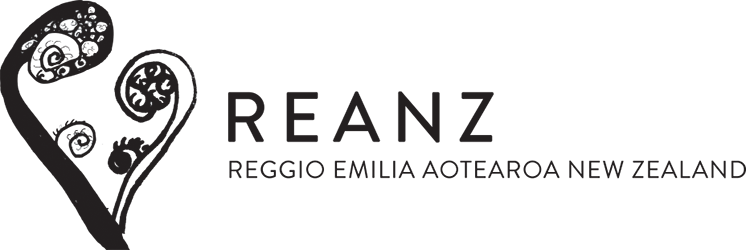Rethinking the narrative
In late November 2023, I had the pleasure of attending a seminar and academic forum in Sydney hosted by Semann and Slattery. Professor Peter Moss was the ‘Thinker in Residence’ at this event. I have been particularly intrigued with Peter Moss’ book ‘Beyond Quality - Languages of Evaluation’ over my career and now that we are 25 years down the track, I was interested in how this book has travelled through time. It was an opportunity not to be missed!
In the mid 2000’s, the book opened up my thinking about moving beyond the notion of quality being able to be described and applied across contexts. This idea that quality education could be defined and applied was problematic and this book helped me to understand things that were confusing me at the time. As I listened to Professor Moss and the speakers on the day, it became abundantly clear to me that all of us look at education through our own values and beliefs and of course this limits what we can filter and see. As we think about the culture of education here in Aotearoa New Zealand, defining a local curriculum, a contextualised pedagogy, practice and valued learning, we too recognise that there are many ways, multiple ways of talking about and describing what matters.
The academic forum presented multiple perspectives on the three themes coming through in the book. Democracy, with references, voices and documentation, highlighting what we're choosing to make visible and therefore open for discussion. Documentation is something that everyone can participate in and shows the complexity of learning together in relationships. Ethics that require us to consider the greater good in decision making about what matters. How is the way we are designing education encounters reflecting the real lives of children, their whānau and the world around them? Care, bringing into view what we're curious about as well as a sense of responsibility and attention. Considering children’s rights and an openness to a wider view of care that includes society, the world and beyond. The speakers at this academic forum brought rich and researched perspectives and I've come away with a renewed sense of responsibility and intention.
Professor Peter Moss and Chrissy in Sydney 2023
One particular tension I want to share that really got me thinking was the influence of an economic narrative to guide decision making about what matters in education, rather than an educational discourse and an appreciation of the purpose of education. Professor Peter Moss commented ‘It is time to rethink the narrative in education’, almost challenging the education profession to reclaim our rights to have a voice in education alongside children and whānau. I have been reflecting on the gradual move towards decision-making that foregrounds budgets instead of outcomes and I to have caught myself out using economic comparisons rather than staying grounded in education and the rights of children. Of course we need both, and what I've been considering is the dominance of an economic imperative over the greater ‘social good’ of education where democracy, ethics and care guide our actions and we return to our values.
I invite you to check out Professor Peter Moss’ new book ‘Early Childhood in the Anglosphere - Systemic Failings and Transformative Possibilities’ (2024 - free download) co authored with Linda Mitchell (Waikato University) and revisit ‘Beyond quality - Languages of Evaluation’ as you consider these themes in your own contexts. Now more than ever we need to reclaim the narrative of our profession.
Beyond Quality in Early Childhood Education and Care. 2013. Gunilla Dahlberg, Peter Moss, Alan Pence
Early Childhood in the Anglosphere is a free download


